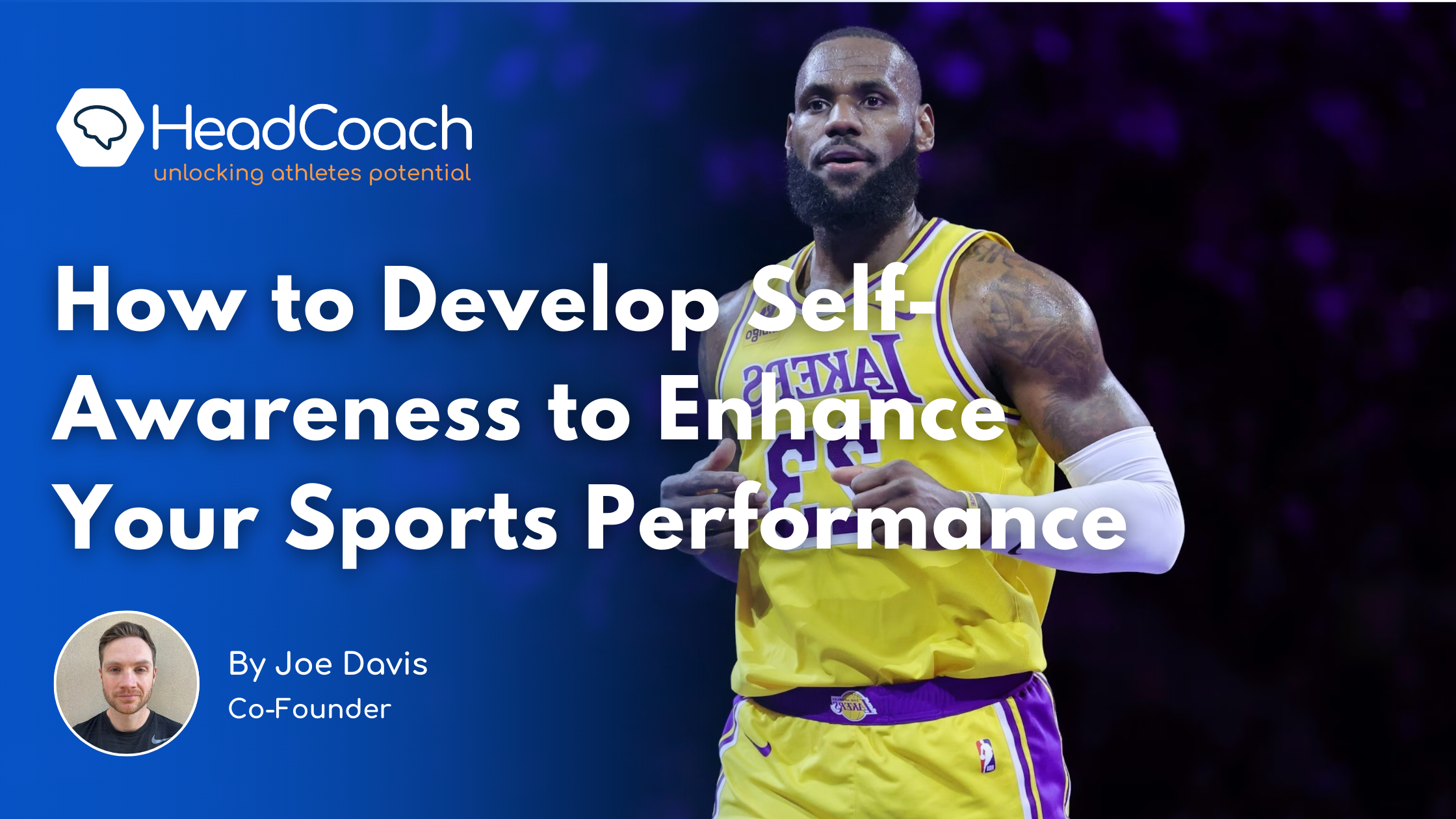“The most important conversations you’ll ever have are the ones you’ll have with yourself.”
David Goggins
Self-awareness is the foundational skill of emotional intelligence. It is the capacity to notice messages the body is constantly sending; to be aware of your emotional experience, and understand how thoughts, feelings and emotions impact your judgements, overall wellbeing, and sporting performance. Cultivating self-awareness also helps you to understand how your behaviour impacts those around you.
Why It Matters
The renowned high-performance psychologist, Michael Gervais, once said in his popular podcast that self-awareness is the most important skill any performer can develop. The tennis legend Billie Jean King supported this notion when she said “I think self-awareness is probably the most important thing toward being a champion”.
The more you know yourself - what you’re good at, not so good at, what you need to do to get better, and how your thoughts and emotions influence your behaviour, the better you will become at managing your behaviour under pressure and producing your best performances more often.
And the exciting thing? Self-awareness is a skill that can be honed and developed with practice and our cutting-edge mobile app, HeadCoach, can help you build it, brick by brick.
What Does Self-Awareness Look Like?
Recently, I was speaking to an elite ski jumper from the US and I asked her what the most important emotional skills were that have helped her get to where she is today. She said there were two – self-awareness and self-regulation. I then asked her to give me an example of what self-awareness looks like to her. She responded, “over the years, I’ve started to understand what helps me be in the right emotional state to perform. I now know what kind of support I need from my coach before competitions and the type of music that relaxes me, getting me into the optimal headspace.”
Strategies to Build Self-Awareness
- Ask someone you trust what they notice about your behaviour. Ask them what you’re good at, what your blind spots are, and what hinders your performance.
- Tune into physical sensations to become aware of your feelings when you are confronted with new or challenging performance moments. Do you have a dry mouth? Sweaty palms? Butterflies in your stomach?
- Listen to and notice your inner voice – is it helpful and rational? For example, “I have prepared to the best of my ability, I can’t do much more than that.” Or unhelpful and irrational? E.g. “I’m really bad against this type of opposition, this is going to be a hard day.” Noticing this is the first step to taking charge of it.
- Engage in regular self-reflection. Write down your thoughts and feelings after training. Evaluate your performance – did you achieve your intentions? What went well? What didn’t go well? What do you need to improve moving forward?
Wrapping-Up
Are you doing everything within your power to be the performer you strive to be? Do you regularly work on your mental and emotional skills as well as your physical capabilities and technical ability? For most, the answer is no. But even if the answer is yes, check out HeadCoach and get access to a science-backed tool proven to enhance emotional intelligence skills and improve wellbeing and performance.





Leave a Comment